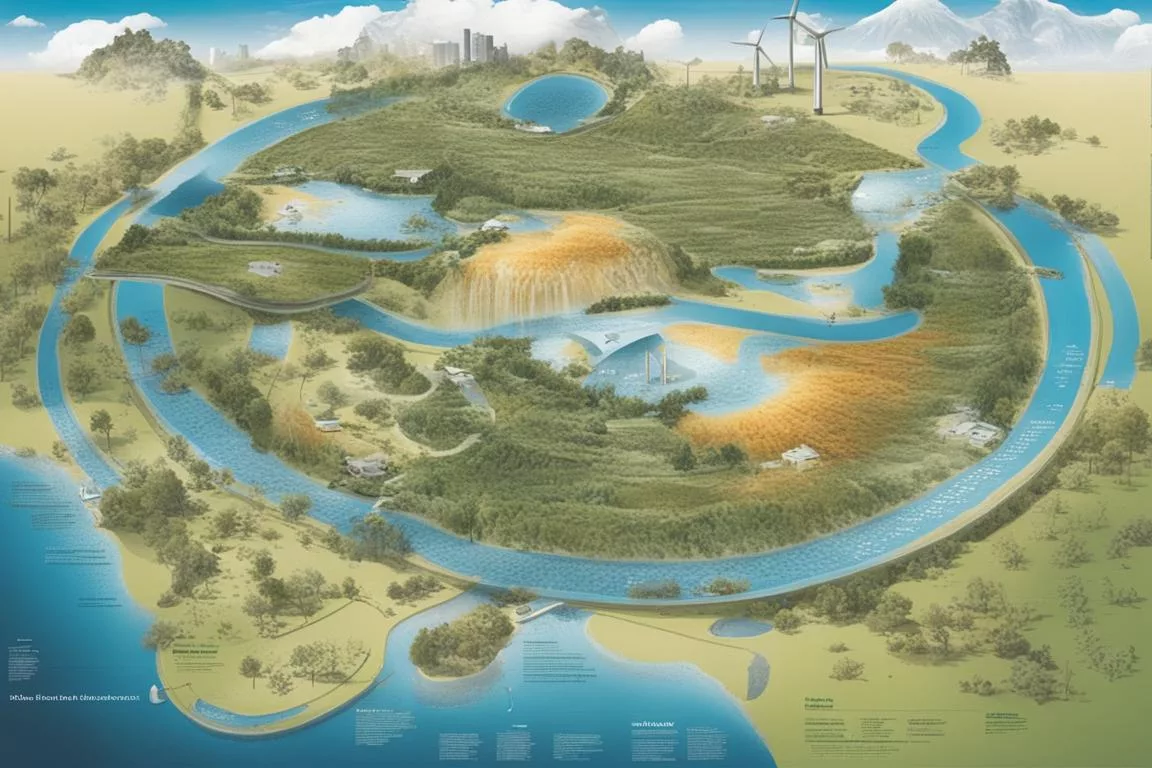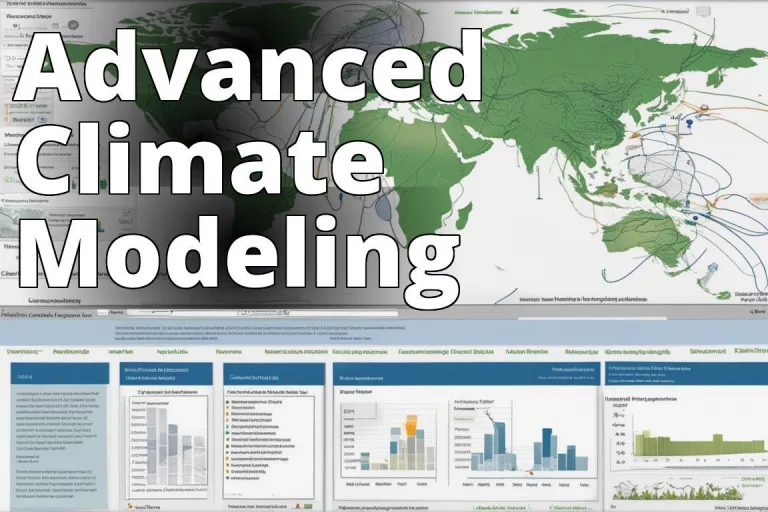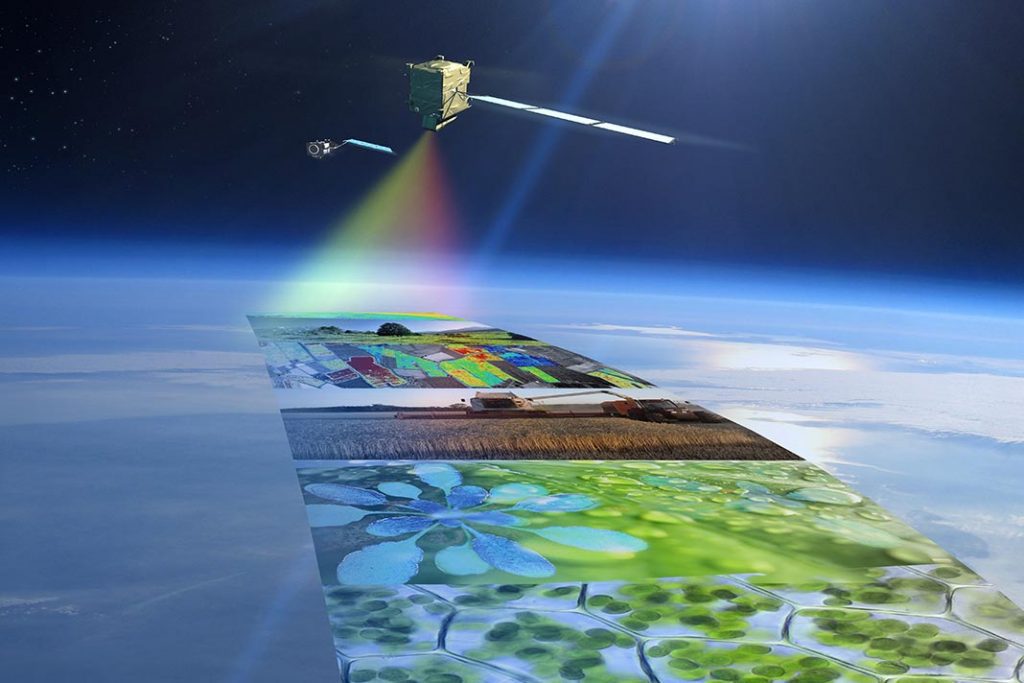Climate modeling software plays a crucial role in understanding, predicting, and mitigating the impacts of climate change. By embracing technological advancements, fostering collaborative initiatives, and supporting ongoing research and development, we can harness the full potential of climate modeling software in empowering climate change solutions.
Learn about Climate Modeling Software
By reading this article, you will learn:
- What climate modeling software is and its importance
- The role of technology in climate modeling and its applications
- About user-friendly features, case studies, quality assurance, and future developments in climate modeling software
What is Climate Modeling Software?
Climate modeling software encompasses a set of computational tools and algorithms used to simulate and understand the Earth’s climate system. These software packages enable researchers, scientists, and environmentalists to analyze past climate patterns, project future climate scenarios, and assess the potential impacts of climate change.
The significance of climate modeling software lies in its ability to provide valuable insights into the complex dynamics of the Earth’s climate. By leveraging these tools, researchers can develop informed strategies for environmental conservation and formulate policies to mitigate the adverse effects of climate change.
Related reading: The Latest Green Building Tech Solutions for Climate Change Mitigation
The Role of Technology in Climate Modeling
Integration of Advanced Technologies
Recent advancements in technology, such as machine learning and supercomputing, have revolutionized climate modeling. These technologies are being seamlessly integrated into existing climate models to enhance their performance, accuracy, and predictive capabilities.
Advancements in Performance and Accuracy
The incorporation of modern machine learning algorithms into climate models has significantly improved their accuracy in predicting climate change patterns. Additionally, the use of fine grid models, despite being computationally expensive, has provided detailed simulations that offer a deeper understanding of regional climate variations.
| Application | Description |
|---|---|
| Analyzing Regional Climate Patterns | Allows researchers to identify specific environmental trends and anomalies within distinct geographical areas. |
| Projecting Future Climate Scenarios | Enables scientists to project potential future climate scenarios based on various environmental variables and human activities. |

Applications of Climate Modeling Software
Climate modeling software plays a pivotal role in analyzing regional climate patterns, allowing researchers to identify specific environmental trends and anomalies within distinct geographical areas.
By leveraging climate modeling software, scientists can project potential future climate scenarios based on various environmental variables and human activities, thereby aiding in the formulation of sustainable environmental policies.
Accessibility and User-Friendly Features
Development of User-Friendly Interfaces
The development of user-friendly interfaces for climate modeling software has made these tools accessible to a wider audience, including environmental enthusiasts, educators, and policymakers.
Simplifying Data Analysis and Visualization
Climate modeling software now incorporates robust data analysis and visualization tools, making it easier for users to interpret complex climate data and derive actionable insights.
Case Studies and Success Stories
AI2 Climate Emulator (ACE)
The AI2 Climate Emulator (ACE) has gained recognition for its significant contributions to improving climate modeling through the integration of modern machine learning techniques.
Regional Climate Model Evaluation System (RCMES)
The Regional Climate Model Evaluation System (RCMES) has simplified the process of evaluating regional climate models, offering users access to diverse data sources and advanced model evaluation capabilities.
Integration of Climate Model Evaluation Systems
Open Climate Workbench (OCW) Library
The integration of the Open Climate Workbench (OCW) library has enhanced the data analysis capabilities of climate modeling software, allowing for more comprehensive and accurate assessments of climate models.
Enhancing Data Analysis Capabilities
Climate model evaluation systems, such as RCMES, have streamlined the analysis and visualization of observational data and climate model output, providing researchers with valuable tools for in-depth analysis.
Conclusion and Call to Action
Significance of Climate Modeling Software
In conclusion, climate modeling software stands as a pivotal tool in the fight against climate change, offering valuable insights and projections that are crucial for informed decision-making in environmental conservation and policy formulation.
Encouraging Support for Research and Development
As we move forward, it is imperative to support ongoing research and development in climate modeling software, empowering researchers and environmentalists to leverage advanced tools for a sustainable future.
Answers To Common Questions
What is climate modeling software?
Climate modeling software is a tool used to simulate and predict climate patterns and changes based on various factors.
Who uses climate modeling software?
Climate scientists, environmental researchers, and policymakers use climate modeling software to understand and address climate change.
How does climate modeling software work?
Climate modeling software works by integrating data on factors such as temperature, ocean currents, and greenhouse gas emissions to simulate climate scenarios.
What if I’m not a tech expert?
Many climate modeling software programs offer user-friendly interfaces and support to help non-experts navigate and utilize the software effectively.
How accurate are climate modeling predictions?
Climate modeling predictions are continually improving, with advancements in technology and the incorporation of more comprehensive data leading to greater accuracy over time.
What are the benefits of climate modeling software?
Climate modeling software helps in assessing potential impacts of climate change, informing policy decisions, and developing strategies for mitigation and adaptation.


